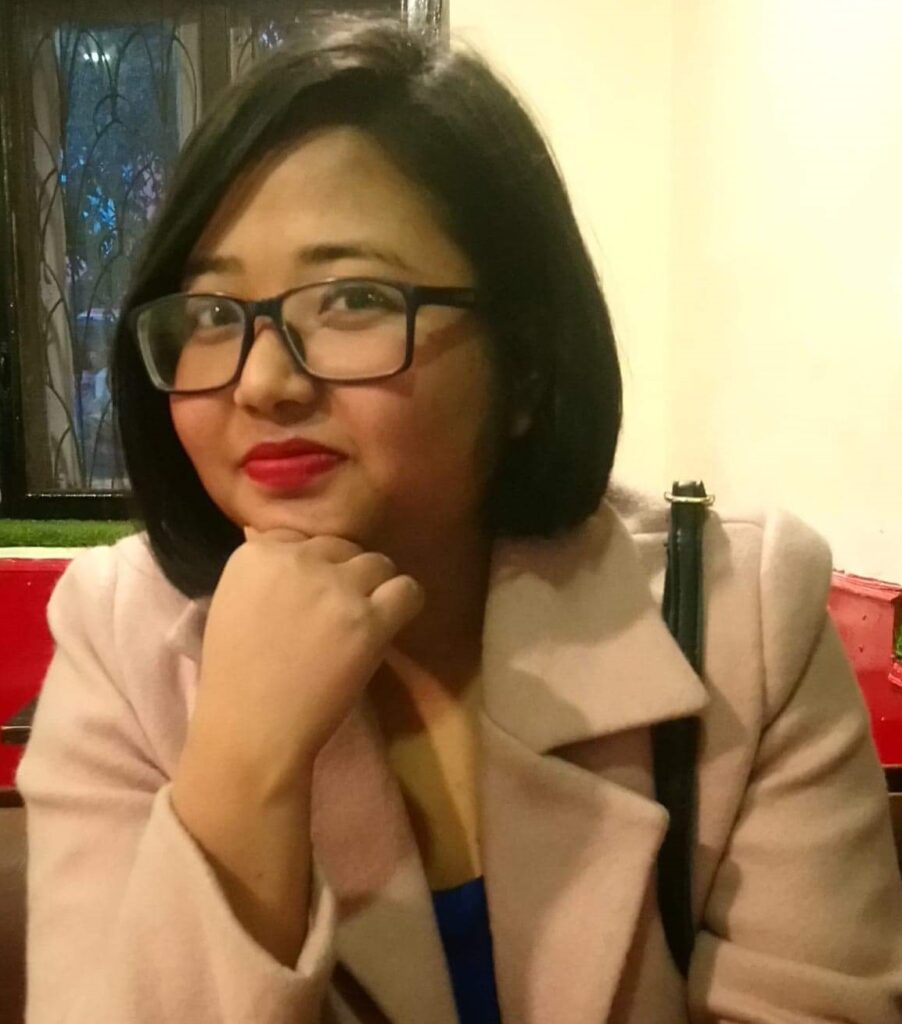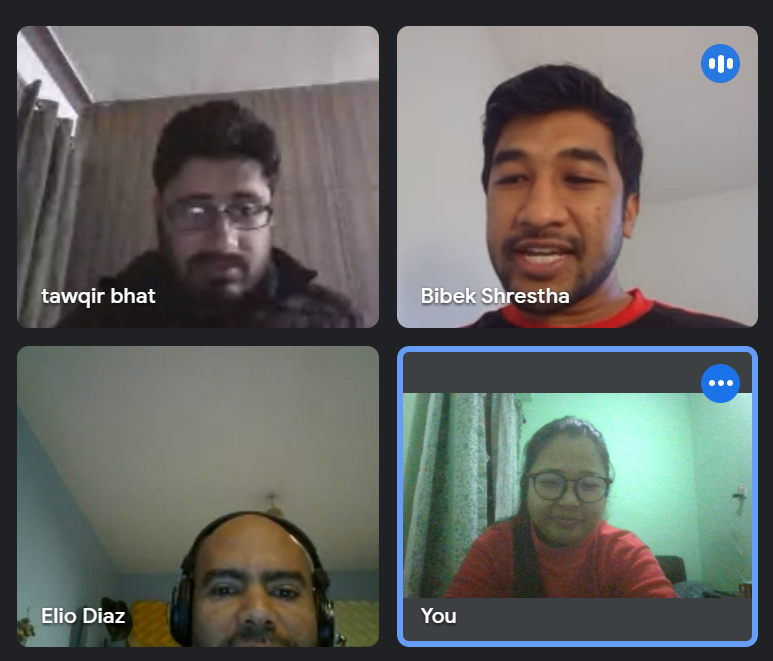My research journey: An experience from the Global South
Academics and researchers are all too familiar with the phrase ‘publish or perish’. While there are pros and cons of this practice, publication is vital for any researcher who wants to make meaningful impact in their field. As researchers, we want our work to be widely disseminated. Open access makes papers more accessible and readable as readers do not have to pay for it. This is especially important for researchers in the Global South, who are underrepresented in publishing and researching, and where subscriptions to academic journals are expensive. However, open access publishing often requires authors to pay Article Processing Charges (APC), which can be a hefty sum.
Funders sometimes pay for APCs, but this is limited. And for independent researchers, especially those in lower and middle-income countries, this is not a possibility. But we do have a ray of hope. If you are based in a Research4Life eligible country and are the corresponding author of your paper, you are eligible for APC fee waiver or a discount with several journal publishers. As an independent researcher, opportunities like this are an absolute blessing.
Pandemic sparked a research group to save freshwater dolphins
I have a research group focusing on freshwater dolphins. We started during the pandemic when I had a lot of time on my hands. I couldn’t just sit idly, so I started learning about species distribution modeling. I put together a research group who met online to work on topics such as prioritizing areas for conservation and assessing different impacts on dolphins.
I started the journey with my former colleague, Bibek Shrestha who is at Yale University. I focused on learning the theory of distribution modeling and he reviewed literature on the distribution of Ganges River dolphins. We both work on freshwater ecological studies, and I especially had experience in estimating the population of this species. This made it an ideal species for us to study. During data analysis, I ran into a problem in a software and sought help in a Facebook group. Elio Guarionex Lagunes–Díaz from Instituto de Ecología, Mexico, replied, helping me understand the error. It felt like I finally found a mentor.
Months went by, I began to find gaps in data collection and occurrences in the northwestern extent of Ganges River dolphins. The gap was too great to report as missing data, so I reached out to Tawqir Bashir from University of Kashmir asking if he could share the data and possibly be a co-author. He replied and sent me the data. The rest is history. We now had a team of four researchers working together towards the goal of quality research and publication.
Breaking barriers for researchers in the Global South
This collaboration has led to the publication of two research papers highlighting specific areas that need more attention for conservation and research. One paper is published in Ecological Modeling, a subscription journal, and the other is published open access in Ecology and Evolution thanks to the Research4Life APC waiver fee. This is the second occasion that I have published open access. In 2020, my paper in Water Supply was similarly sponsored.
Support like this helps researchers in the Global South to disseminate our research findings to a wider audience, challenging the underrepresentation of Global South research. When researchers from underrepresented regions get exposure, they bring diversity in perspectives that enrich the research process and bring forth innovative ideas which might be overlooked. I am encouraged that organizations like Research4Life continue to support researchers like me to reach a global audience. These initiatives are essential to break barriers and level the playing field for researchers all over the world to make a difference.
About the author
Anu Rai has a multifaceted professional background with a focus on freshwater ecological research, conservation, and nature-based solutions. She has recently graduated with an MSc in Environmental Science. As well as being a team member of the research group that is working to produce quality research in prioritizing areas for conservation, she is also involved in promoting sustainable fishing to conserve Ganges dolphin in Nepal through Conservation Leadership Programme along with applying nature-based solution for wetland restoration supported by Wageningen University’s Nature Based Solutions Challenge, British Council Nepal, and Youth Food Lab.







